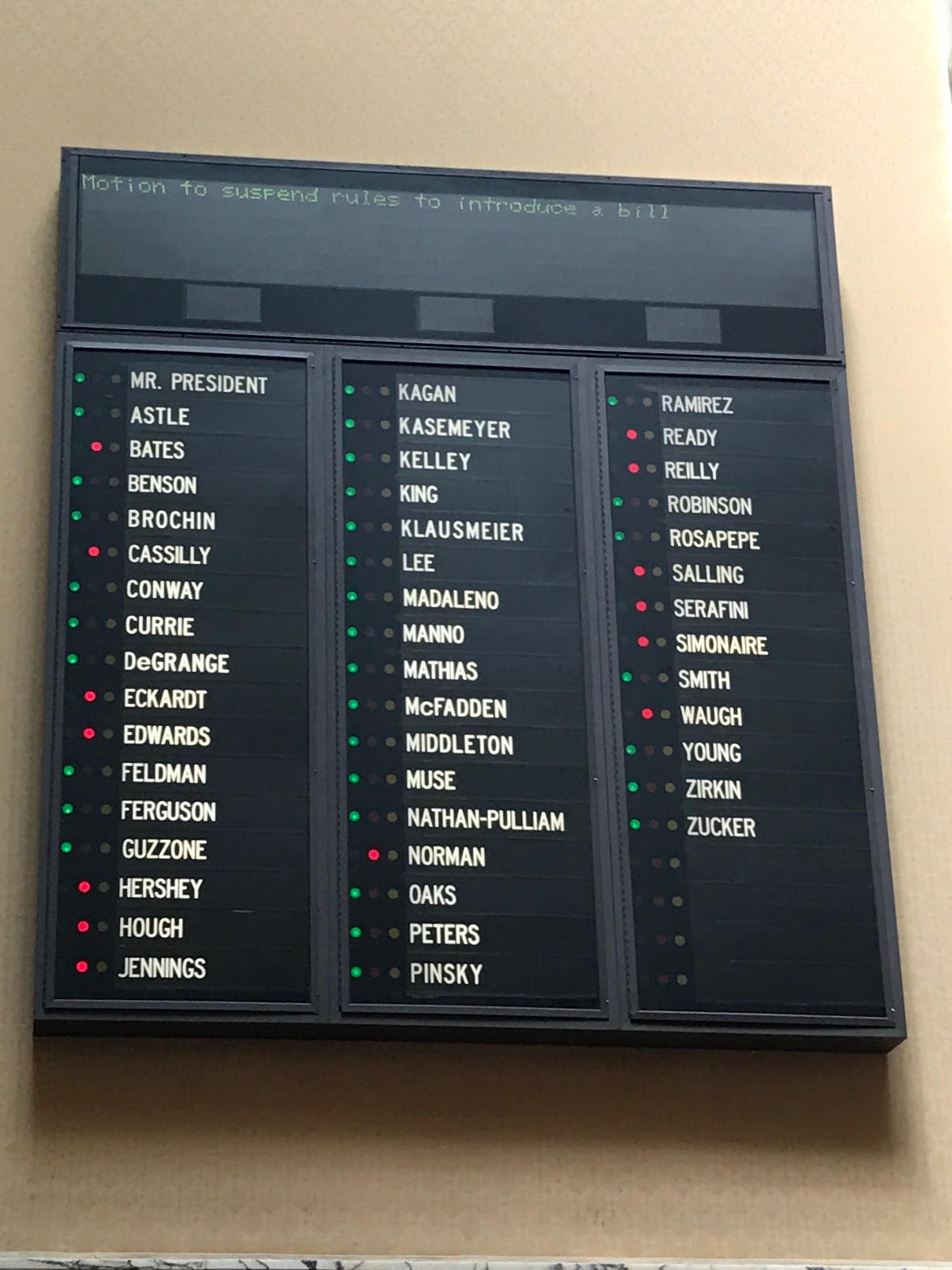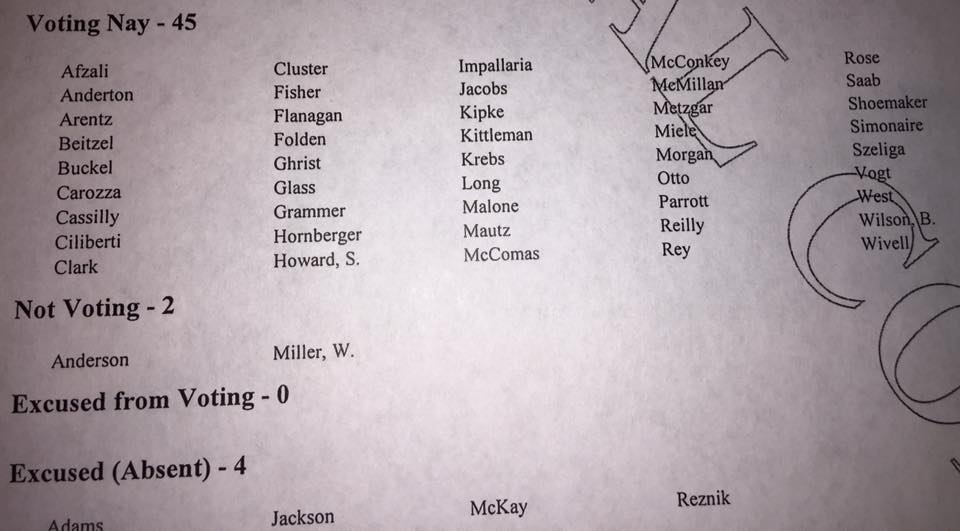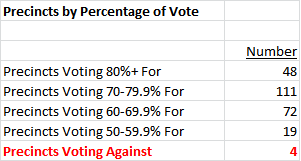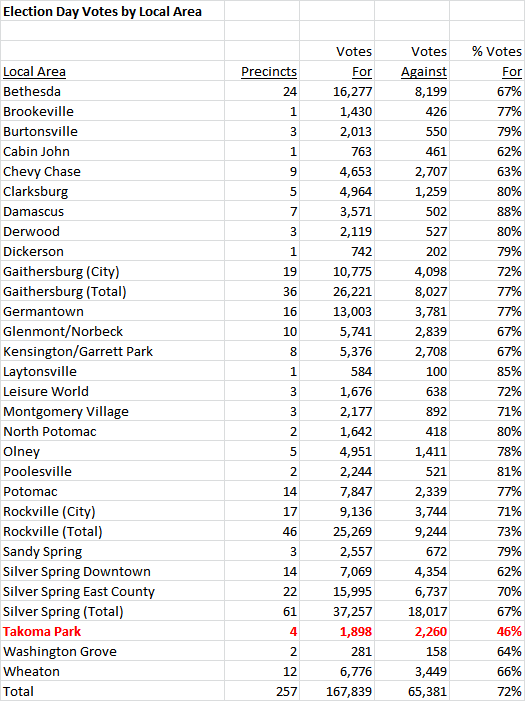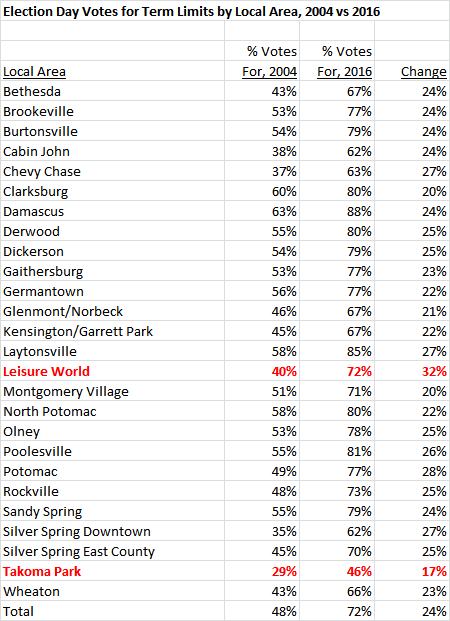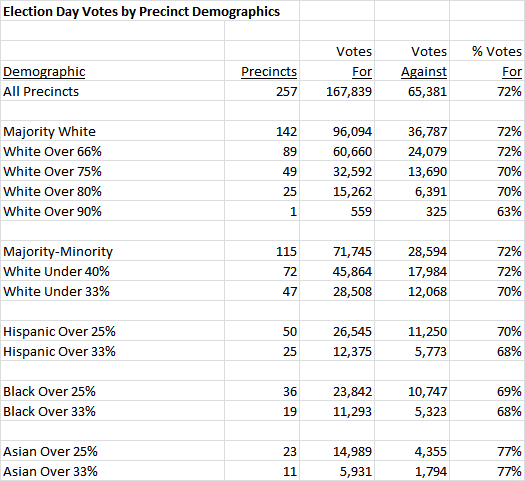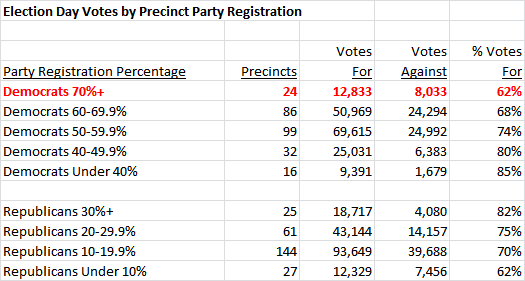By Adam Pagnucco.
A General Assembly compromise passed on Sine Die will allow Diageo’s new brewery in Baltimore County to move forward. But the amended Bill 1283 is a mug half full, with the state’s craft brewers inevitably seeking more in the future.
A brief refresher. Diageo, owner of the world-famous Guinness brand, announced plans to open its first U.S. brewery in more than sixty years in Baltimore County a few months ago. Diageo did not ask for a state subsidy, but it did ask for permission to sell 5,000 barrels per year from the brewery’s taproom, up from the state’s current 500 barrel limit (by far the lowest in the country). A bill passed by the House of Delegates raised the barrel limit to 2,000 (with another 1,000 allowed if bought from a wholesaler), but it also cut back hours of operations and prohibited off-site contract brewing, a major hit on the industry. After an outcry from brewers, the Senate amended the bill to allow a limited amount of contract brewing and to grandfather the hours of existing breweries and those in the approval process (including Diageo). The House passed the amended bill on Sine Die.
The deal allows Diageo to come to Maryland, and that’s a good thing. But it also contains two counter-productive elements.
The Concession to Wholesalers
Brewery taprooms are now allowed to sell 2,000 barrels directly to customers each year. (The next-lowest state, North Carolina, allows 25,000 barrels.) Breweries can sell another 1,000 barrels, but to do so, they have to go through a wholesaler. That means loading the beer on a wholesaler’s truck, sending the truck to a warehouse where the beer is offloaded, then bringing it back to the brewery to unload it again. FOLKS, YOU CANNOT MAKE THIS UP. The graphic below from the Comptroller’s Office illustrates how absurd this is.
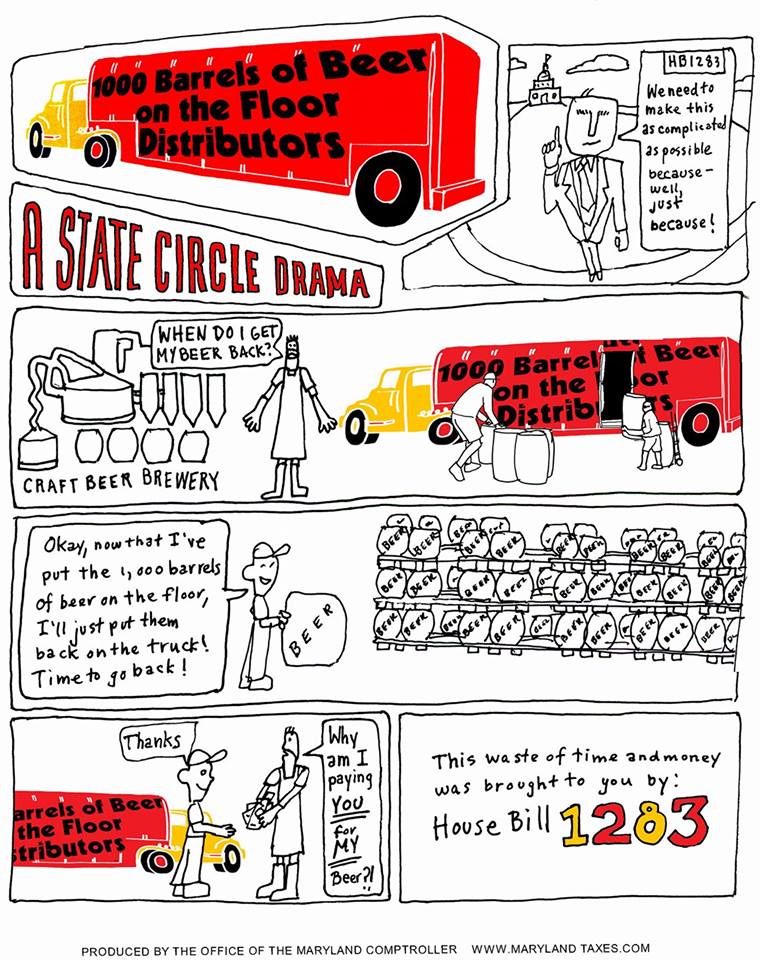
Grandfathering of Hours
Existing breweries and those holding on-site consumpion permits and licenses as of April 1, 2017 are allowed to stay open as late as their local jurisdictions permit them, usually between midnight and 2 AM. All new breweries must close by 10 PM, slamming the door shut on further growth.
The State of Maryland is effectively telling the craft beer industry the following: We don’t like you. We will tolerate those of you who are already here, but we don’t want any more of you.
Contrast this with Virginia. The Commonwealth’s Governor, Terry McAuliffe, is a joyous deal-maker, back-slapper and salesman who loves bringing employers to his state – especially craft breweries. McAuliffe promotes the industry every chance he gets, including the creation of Stone Brewing’s special beer in honor of Virginia, Give Me Stout or Give Me Death. His term has seen almost 100 new breweries open in the state. Perhaps his greatest achievement was a successful four-year campaign to entice Oregon’s Deschutes to open near Roanoke.
Virginia’s Beer Drinker in Chief. Photo credit: Richmond’s Style Weekly.
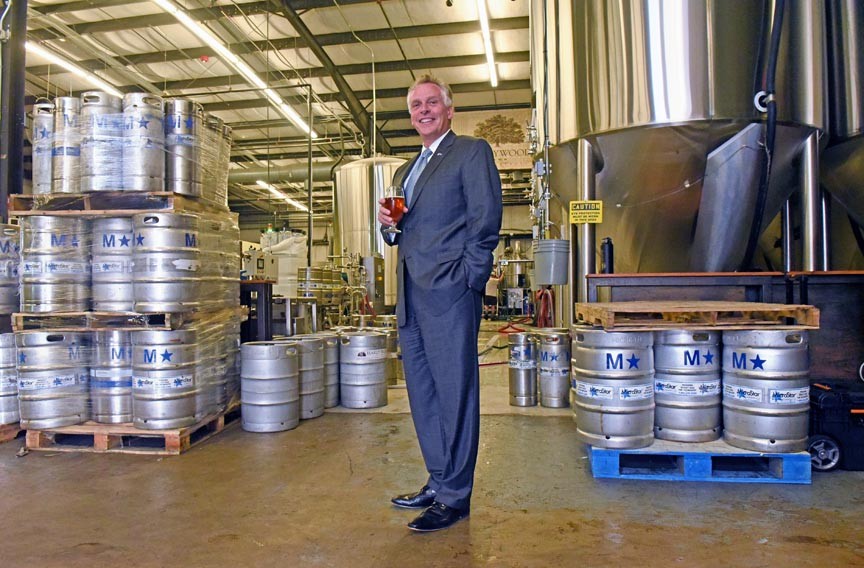
Here is McAuliffe bragging about Virginia’s booming beer industry to Hampton Roads’ WAVY TV just last week.
Governor Terry McAuliffe spoke to the National Craft Breweries Association in Washington D.C. Tuesday evening to give his best sales pitch to attract new beer businesses to Virginia.
“We got Stone to move here, and we got Deschutes to move here, we’ve got Ballast Point to move here, Green Flash, I mean, no one has had the success we’ve had the last two years recruiting major known craft breweries,” McAuliffe told 8News Reporter Jonathan Costen, pointing out that the booming beer industry has brought hundreds of jobs to the area. “We have 190-craft breweries in Virginia today. It’s a billion dollar industry for us, so I believe it really helps our tourism.
“Folks come, they love to come to our craft breweries, but in addition to that, these craft breweries are all buying locally produced products, it is great for our farmers. We can’t produce enough hops here, so I tell people go out and start a hop farm here in Virginia,” McAuliffe added.
McAuliffe’s message is the polar opposite of Maryland’s.
One elected official who understands the economic and cultural potential of craft beer is Comptroller Peter Franchot, who aggressively defended the industry during the debate over Bill 1283. The Comptroller is now convening a task force to study the state’s beer laws from top to bottom with the goal of producing model legislation next year. An interesting question is whether Governor Larry Hogan will come on board. The Governor has allied with Franchot on more than one of his ideas in the past, including school air conditioning and starting school after Labor Day. Craft brewing is a natural issue for Hogan, given its potential for job creation and the Democrats’ near-fumbling of the issue this year.
Just two guys enjoying some great Maryland craft beer. Photo Credit: Peter Franchot.
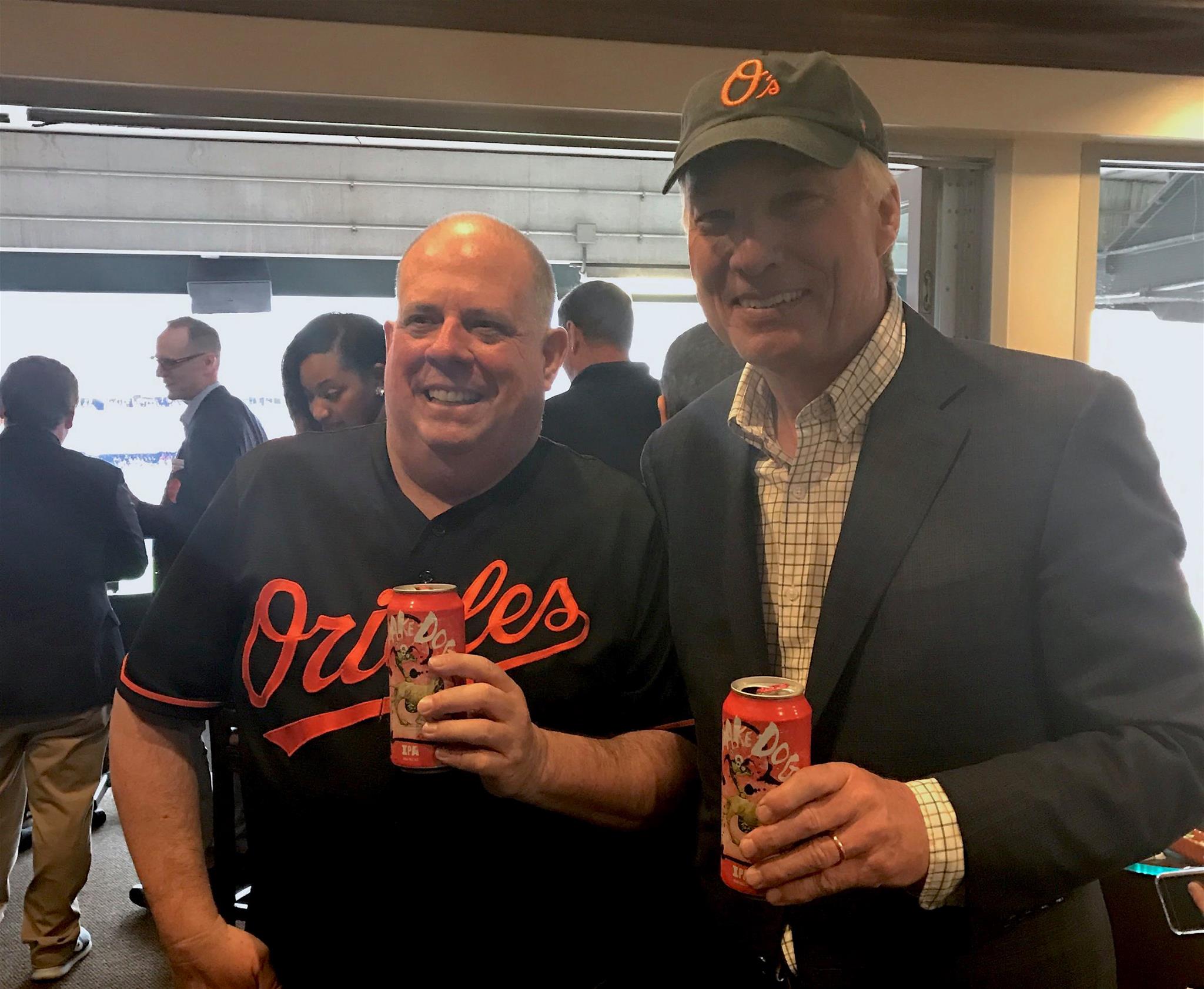
Maryland’s iron cartel of manufacturers, wholesalers, licensees and supportive politicians has kept in place a stable, profitable system for a long time. The just-concluded brewery bill is only the most recent manifestation of their control of Annapolis. So opening up the beer industry is an uphill battle. But if Franchot, the craft industry, its customers and maybe Hogan can make this a signature issue in an election year…? Well, pull up a stool, grab a mug and get ready for the show!
Disclosure: Your author has done campaign-related work for Peter Franchot in the past. His positions on issues like this one, including Montgomery County’s liquor monopoly, have earned my support.






